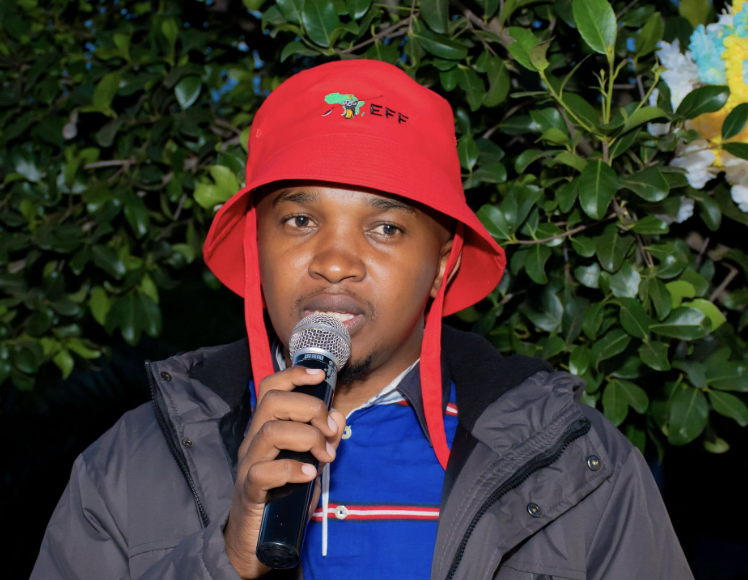 Activist Morara Kebaso. /MORARA KEBASO/X
Activist Morara Kebaso. /MORARA KEBASO/XActivist Morara Kebaso has cautioned Kenyans against falling into the trap of tribal politics as the country edges closer to the 2027 General Election.
In a strongly worded statement on X, Morara warned that voting along ethnic lines would only serve to benefit political elites and clear the way for President William Ruto’s easy return to office.
Morara, who previously expressed interest in contesting the presidency before quitting active politics, argued that tribal voting patterns have historically undermined genuine political change and left ordinary citizens in perpetual political and economic bondage.
“You, the tribal Kenyan voter, will be the loser in 2027,” Morara stated bluntly.
“Gachagua will not lose anything. He will win enough seats to negotiate his business deals. Kalonzo will win enough seats to negotiate his deals. Matiang’i will win enough seats to negotiate his deals. You are the only one who will lose because I can assure you, as long as you vote along tribal lines and with the ‘mheshimiwa’s’ money in your pocket, Ruto will win that election.”
His remarks come amid rising political realignments, with opposition figures seeking to unseat Ruto at the 2027 polls.
Former Deputy President Rigathi Gachagua, Wiper Party leader Kalonzo Musyoka and former Interior Cabinet Secretary Fred Matiang’i have signalled intentions to form a united opposition coalition to present a single candidate against the incumbent.
The opposition front, largely driven by a desire to wrest power from Ruto, has promised to set aside individual ambitions to consolidate votes nationally.
However, the declaration of candidacy by former Chief Justice David Maraga could complicate the opposition’s arithmetic despite the unity calls.
Maraga’s entrance into the race risks fragmenting the opposition vote, a scenario that Morara insists would only favour Ruto’s re-election.
Besides, People's Liberation Party leader Martha Karua has stated unequivocally that she will not be anyone's running mate, further presenting a likely scenario of a divided opposition if she decides to go it alone against Ruto.
Morara challenged Kenyans to rise above narrow tribal allegiances and demand issue-based politics focused on policies and accountability.
He dismissed the notion that regime change could be achieved through regional kingpins and cautioned Kenyans against falling for the ploy where leading political figures use ethnic mobilisation to secure seats in Parliament and later negotiate lucrative post-election deals with little concern for the welfare of ordinary citizens.
In a separate tweet, he said, "electing a good president in Kenya is not possible because the people vote along tribal lines".
“Tokeni kwa hiyo ujinga ya ukabila if you want change in this country. (Get out of that nonsense of tribalism if you want change in this country),” he urged.
“You are the only one losing. The rest are doing business.”
Morara's comments are likely to spark fresh debate about Kenya’s perennial problem of tribal politics, which observers say has played a significant role in determining electoral outcomes since independence.
As political temperatures begin to rise in the lead-up to 2027, his remarks could fuel national conversations about voter responsibility and the true cost of ethnic loyalty in elections.














